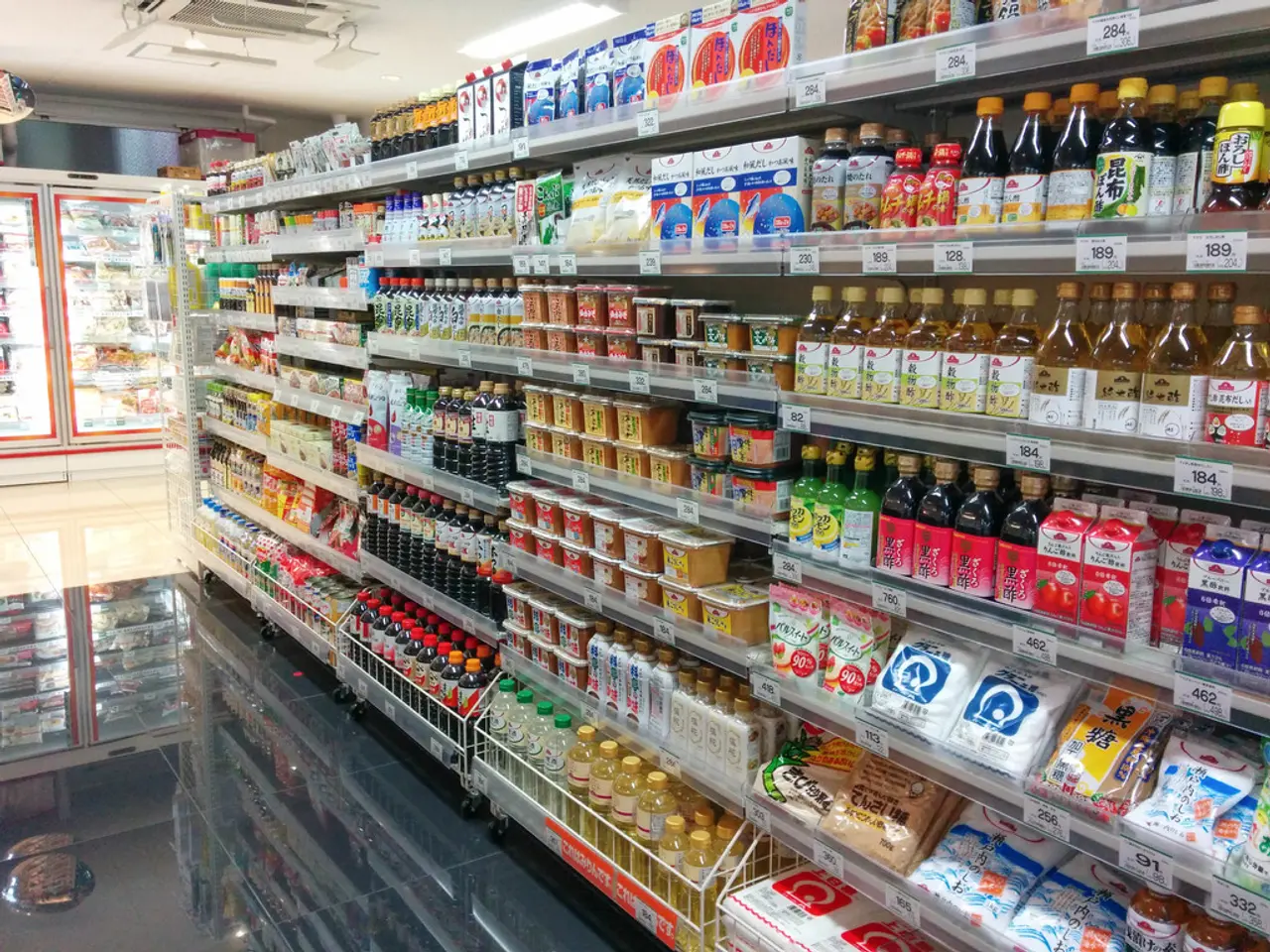Urge from EuroCommerce for legislators to preserve the Unified Marketplace!
In a recent development, Christel Delberghe, Director General of EuroCommerce, has voiced her concerns about the European Parliament's decision to negotiate the cross-border enforcement of rules on unfair trading practices. This decision, according to Delberghe, could potentially weaken the EU Single Market and make it more challenging for the market to source from other Member States.
The negotiations are based on the Agriculture Committee's report, which allows Member States to enforce their own national rules on unfair trading practices outside of national borders. This could lead to a risky and complicated situation for all agri-food chain operators, potentially pushing them to buy nationally, thereby removing the benefits of economies of scale.
The benefits of the EU Single Market are far-reaching, extending to farmers, suppliers, consumers, retailers, and wholesalers alike. However, this new mandate could potentially restrict market access for farmers and processors, and increase prices for consumers due to the strengthening of territorial supply constraints.
President Von der Leyen, in her State of the European Union speech yesterday, mentioned a new Single Market Roadmap to 2028. This roadmap aims to simplify and make the policy more flexible, with a focus on environmental measures and farm resilience. In April, Von der Leyen had hailed the Single Market as 'our anchor of stability and resilience'.
EuroCommerce, in its concern, has raised the alarm about the weakening of the Single Market due to these negotiations. The organisation fears that the decision could be a blow to the benefits the Single Market brings to consumers, companies' competitiveness and resilience, and the overall functioning of the market.
The new single market strategy until 2028, announced by the European Commission, includes a proposal for the Common Agricultural Policy for 2028–2034, published on July 17, 2025. This strategy aims to bring simplification and flexibility to the policy, giving member states more responsibility.
However, the mandate's potential implications are concerning. Businesses could see contracts entered legally under national and EU law being investigated by other authorities in other countries. This risk could leave consumers worse off, as higher prices may be a result of the increased complexity and uncertainty in the market.
In light of these concerns, Delberghe has called for a united stand to fight for the Single Market. It is crucial to maintain the benefits the Single Market brings and ensure its continued success for all parties involved.
Read also:
- Federal petition from CEI seeking federal intervention against state climate disclosure laws, alleging these laws negatively impact interstate commerce and surpass constitutional boundaries.
- Duty on cotton imported into India remains unchanged, as U.S. tariffs escalate to their most severe levels yet
- Steak 'n Shake CEO's supposed poor leadership criticism sparks retaliation from Cracker Barrel, accusing him of self-interest
- Hydrogen Energy: Sustainable Innovation or Resource Exploitation?




